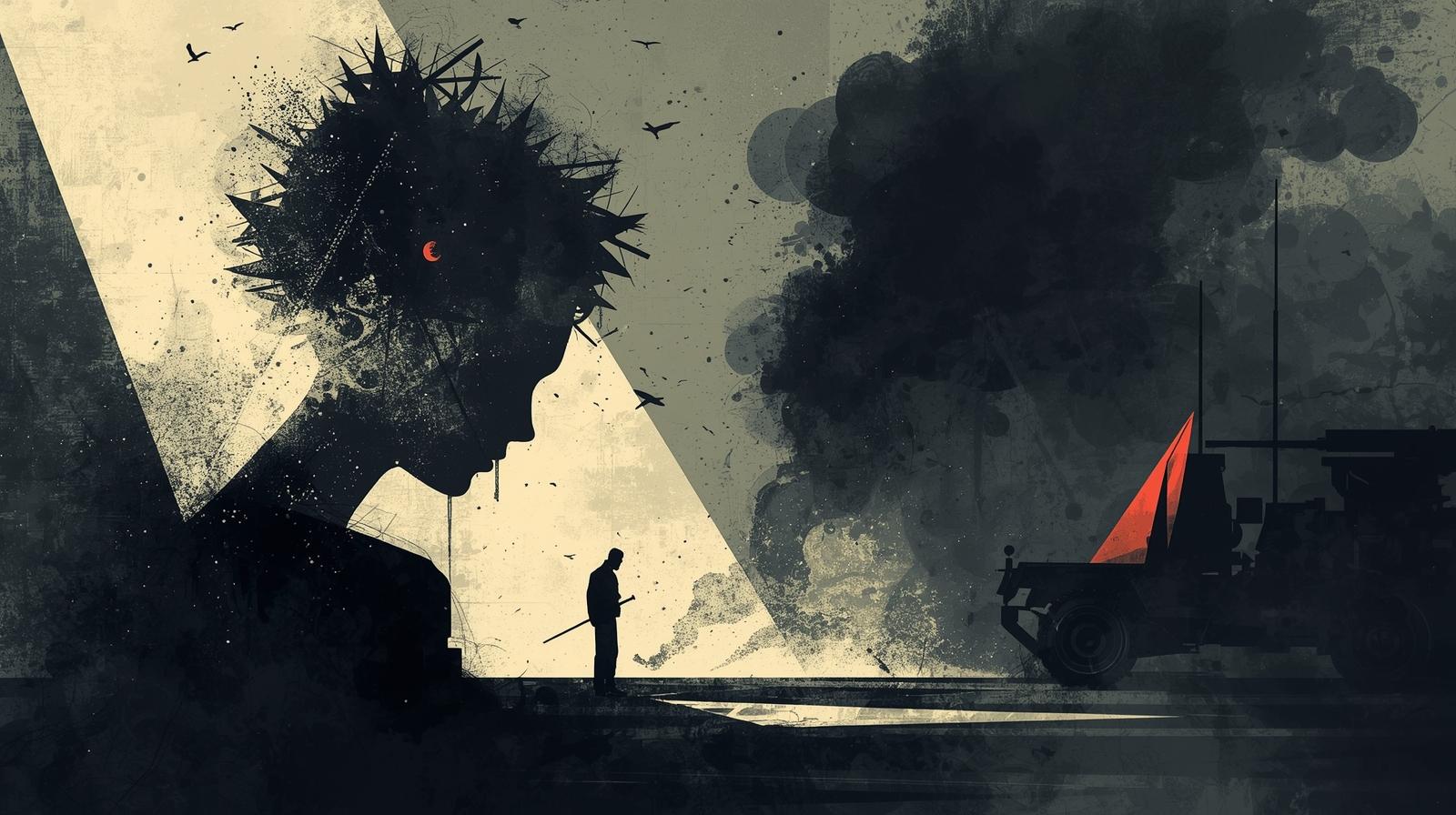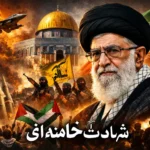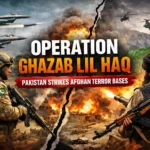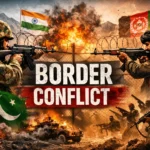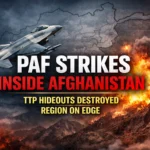In the past two days alone, Pakistan has witnessed two events that once again highlight the dark shadow of terrorism. In Khuzdar, Balochistan, four terrorists were apprehended in an intelligence-based operation, caught trying to flee in disguise. Just a day earlier, an attack on the Frontier Corps (FC) Headquarters shook the nation’s sense of security. These events, though different in nature, share the same underlying truth: terrorism is not only a battle of guns and operations, but also a war fought in the minds and emotions of our people.
The Psychological Battlefield
Terrorists understand a brutal fact — one bomb can kill dozens, but the fear of the next bomb can paralyze millions. The real target is not just soldiers or installations, but the collective psyche of society. Each attack spreads uncertainty, reminding people that nowhere — not markets, not mosques, not schools — is truly safe. Over time, this climate of fear becomes normalized, trapping citizens in a state of permanent anxiety. This is the battlefield where terrorism seeks its ultimate victory.
Children & Youth: Growing Up in Trauma
For many children in conflict-affected regions, the sound of gunfire or explosions is not a rare incident — it is part of childhood. Such exposure leaves scars that are often invisible. Anxiety, nightmares, loss of concentration in studies, and constant vigilance define their lives. Youth, on the other hand, face an identity struggle: some grow up angry, seeking revenge, while others sink into apathy, believing the system has failed them. Both responses fuel instability and hinder the development of a resilient generation.
Women & Families: Silent Sufferers
Behind every soldier martyred or every civilian killed stands a family burdened with grief. Women carry much of this silent suffering — not only managing households in fear but also trying to console traumatized children. The state and society often honor families of martyrs, but the long-term psychological wounds remain untreated. The cycle of collective grief quietly shapes communities, passing trauma from one generation to the next.
Communities: Trust Deficit & Fragmentation
When attacks repeat with devastating regularity, suspicion creeps into communities: “Who provided inside help? Who is working for the enemy?” This erodes social trust, which is the glue holding society together. Terrorist groups exploit this fragmentation, deepening ethnic, sectarian, or regional divides. Instead of unity against terror, divisions grow, weakening society from within — which is exactly what hostile forces seek.
The Invisible Cost: National Morale
Economists may calculate financial losses, and defense analysts may track operations, but the greatest cost of terrorism is morale. A fatigued, fearful nation gradually loses confidence in its own ability to survive. This is why terrorists aim not just to destroy infrastructure but to plant doubt: “Can the state really protect you?” If people internalize this question, the psychological war tilts in favor of the enemy — even if militarily they are losing ground.
The Way Forward
Winning against terrorism requires more than bullets. The war must also be fought in psychological and social domains:
- Victim Counseling: Establish mental health and trauma recovery programs for affected families.
- Community Resilience: Build neighborhood support networks that spread hope instead of fear.
- Responsible Media: Coverage should inform, not amplify terror by dramatizing fear.
- Education Reform: Youth must be taught unity, critical thinking, and resilience against extremist narratives.
Only when hearts and minds are healed can the nation truly recover from decades of bloodshed.
Conclusion
The Khuzdar operation and the FC Headquarters attack are reminders that Pakistan continues to stand at the frontline of a relentless war. But the true measure of victory will not be in the number of terrorists neutralized it will be in the confidence, hope, and safety felt by ordinary citizens.
Terrorism will end the day fear loses its grip on our society. Until then, our fight is not just against armed men, but against the silent wounds inflicted on the nation’s soul.
